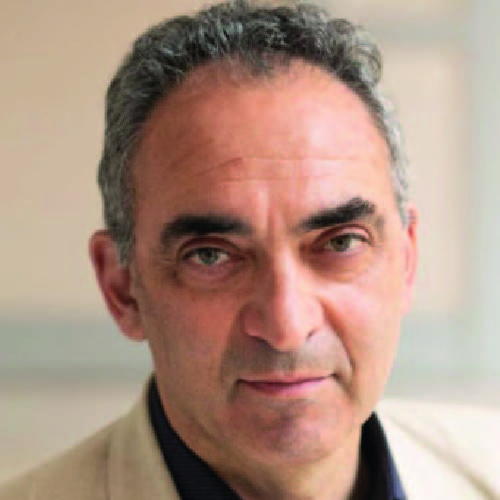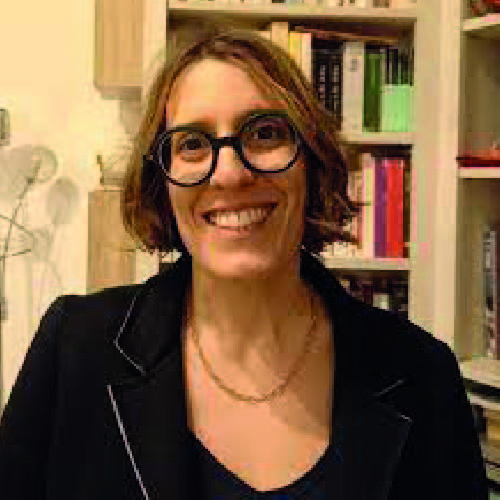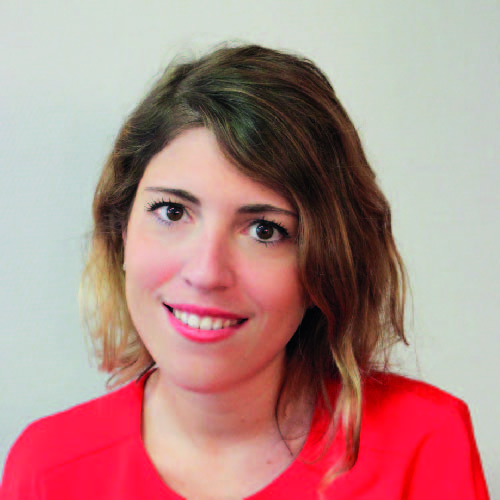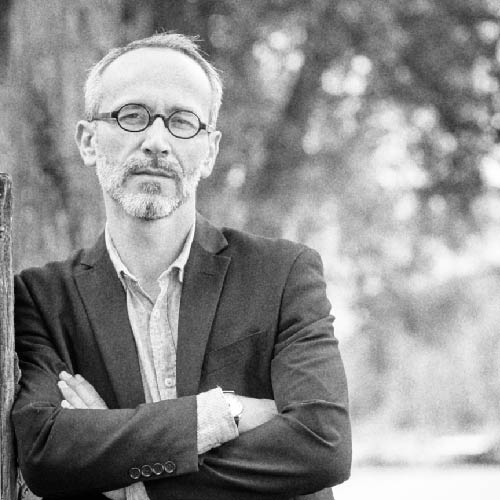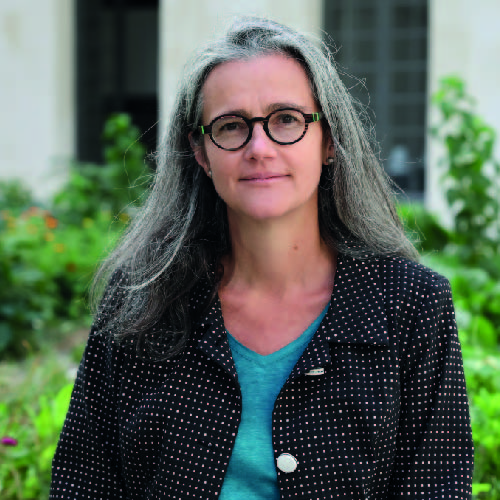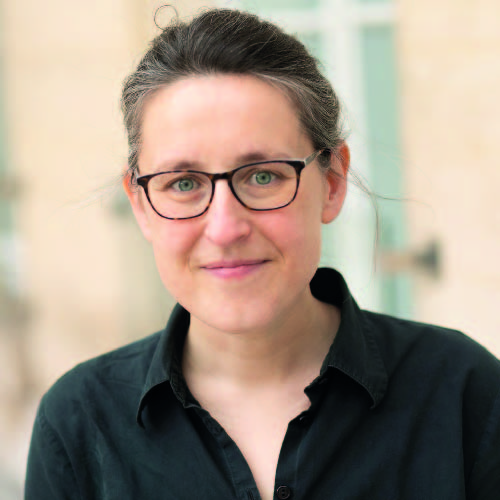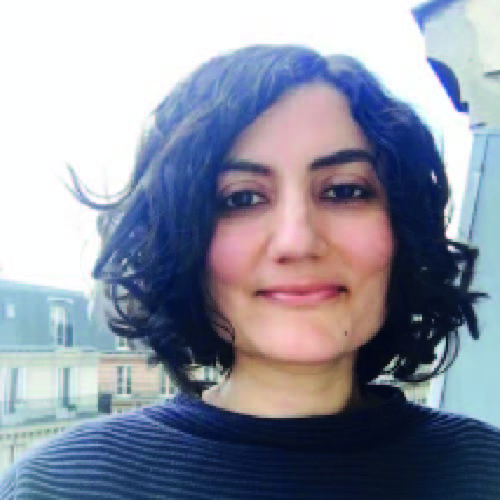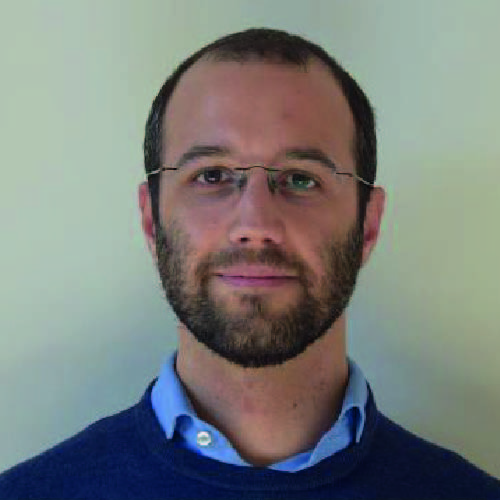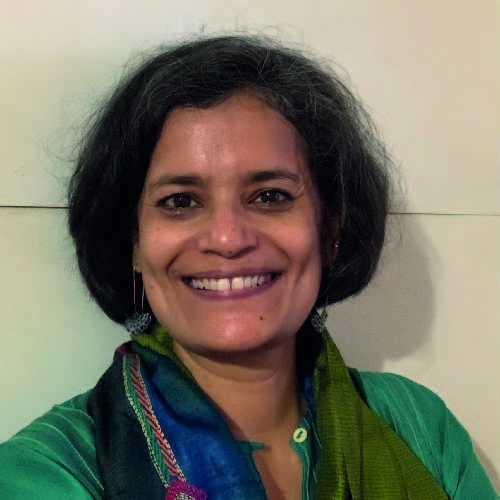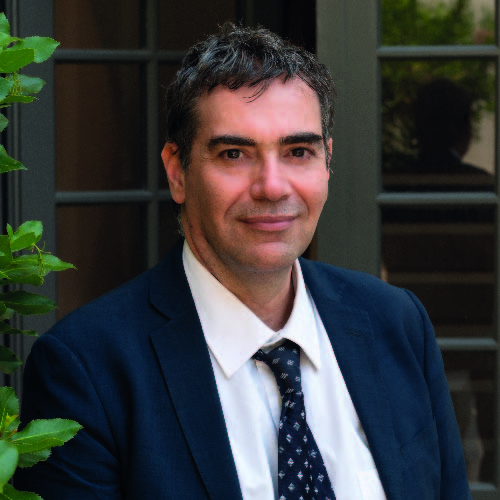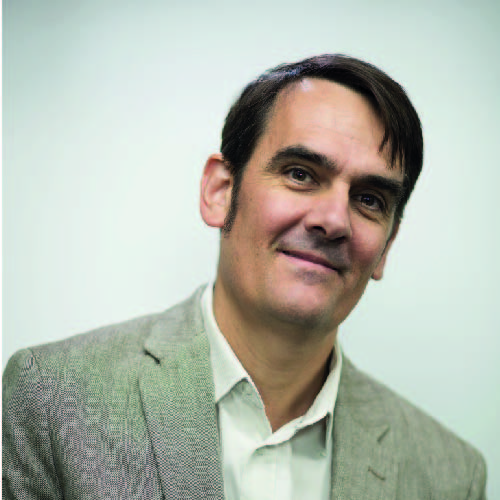AESOP 2024 ANNUAL CONGRESS | SPECIAL SESSIONS
36th AESOP Annual Congress 2024 Paris, France
“GAME CHANGER? Planning for just and sustainable urban regions”
Representing future and fictitious cities and infrastructures: the accountability and power of visualizations
This Special Session is hosted within Track 12
Organizers:
- Martijn Van den Hurk, Spatial Planning, Utrecht University
- Jan Boon, Social Sciences, Hasselt University
Speakers:
- Jan Boon, Social Sciences, Hasselt University
- Tom Coppens, Design Sciences, University of Antwerp
- Wouter Van Dooren, Political Science, University of Antwerp
- Liesbeth Huybrechts, Architecture and Arts, Hasselt University
- Gillian Rose, Human Geography, University of Oxford
- Martijn Van den Hurk, Spatial Planning, Utrecht University
Climate, energy, and housing crises force societies to make urgent and drastic spatial choices. To inform the public or garner public support, governments and other actors engage with visualizations representing future and fictitious solutions addressing these challenges, such as a transition to clean energy or more sustainable land-use patterns. It is in the public interest that visualizations depict outcomes accountably since they represent political choices with long-term societal implications.
This special session addresses a range of questions to feed the academic debate about the role of visualizations in thinking and acting regarding cities and infrastructures. To illustrate the breadth and depth of the theme, we have four presentations that employ different perspectives and techniques to address different topics.
First, Jan Boon (Hasselt University), Tom Coppens and Wouter Van Dooren (both University of Antwerp) study the visualizations of a real-world planned highway project. Based on a survey experiment, they explain the impact of using different perspectives – e.g. eye level vs. bird’s eye view – on people’s perceived quality of the project.
Second, Liesbeth Huybrechts (Hasselt University) seeks to better understand and improve participatory design in socio-ecological transitions, building more just and inclusive participatory spaces with the help of visualizations in urban design and planning.
Third, in a presentation about the visualization of human life in cities in various digital media, Gillian Rose (University of Oxford) places the use of city digital twins for urban management in the context of wider digital visual culture and its production of volumetric truth.
Fourth and finally, Martijn van den Hurk (Utrecht University) detects, explains, and predicts the effects of renderings on perceptions of a fictitious infrastructure plan. The results demonstrate how malleable public opinion is with manipulative imagery and how important it is that governments keep it real when representing future projects.
The special session stimulates the rethinking of representations of cities and infrastructures, which enriches and improves urgent societal decision-making processes about urban transitions. Also, the special session explores opportunities for research collaboration within and beyond the AESOP community.
Keywords: Visualizations; accountability; power; transitions
LOC
The Local Organising Committee
